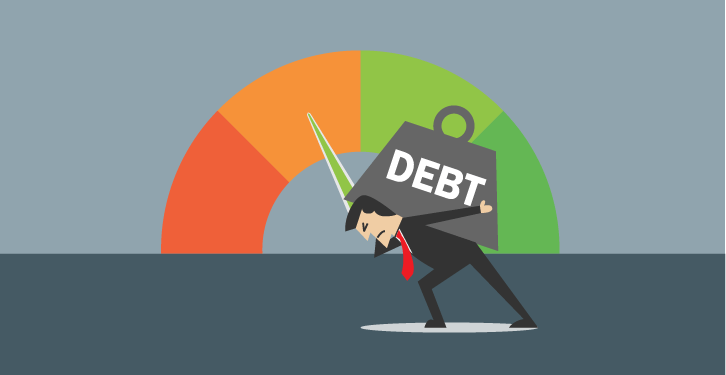Debt Collections On Credit Report
Nov 28, 2023 By Susan Kelly
If you have neglected to make payments on your account for an extended period, many creditors may turn it over to a debt collector. After that, it will be the debt collector's responsibility to pursue you for payment by phoning you and sending you letters, and they may even make you an offer to settle the debt at some point.
When a debt collector is appointed to an account or the account is sold, one of the practices that the new owner will do is to put the account on your credit report, indicating that you have an outstanding debt. Your credit score will suffer if you have a debt collection listed on your credit report since this demonstrates a serious lack of financial responsibility. Even while a collection will less impact your credit score as time passes, the entry will be on your credit report for seven years, when prospective lenders and creditors can see it and evaluate it. Having collection accounts erased from your report is your greatest choice for dealing with any issues that may arise from them.
Dispute If It's Not Your Collection
If the debt is not yours, you are not obligated to pay it, and debt collectors are not permitted to put it on your credit report. File a dispute with the credit bureau on the inaccuracy. You should contact the collection agency and request that the account be deleted from your credit report. Please provide copies of any proof that demonstrates the debt is not your responsibility.
Even though you are the one who is responsible for the debt, it does not guarantee that the collector has the legal right to collect from you. You have the right to seek debt validation if the debt collector has approached you during the last 30 days for the first time. During this round of the procedure, the collector will need to provide evidence proving you are responsible for the debt. It is the collector's responsibility to authenticate the debt, and if they cannot do so or do not reply to your request, the debt must be deleted from your credit report.
Dispute After 7 Years
You are only allowed to have delinquent accounts shown on your credit report for a maximum of seven years from the first delinquency date by FCRA. Dishonest collectors will often attempt to re-age a debt, making it seem like the account fell past due later than it did. Because of this re-aging, the debt will remain on your credit record for longer.

Dispute When Collectors Sell
There is a lot of turnover in collection accounts. Because debts may be assigned and sold to other collectors, there is a good chance that the collection agency shown on your credit report is not the business actively collecting the debt. When this occurs, you can have the earlier collection deleted from your report by contesting the information with the credit bureaus. If the debt collector does not reply to the dispute, the credit bureau should delete the account because it has not been confirmed.
Ask for a Goodwill Deletion
Another method for having debt collections deleted from your credit report is to submit a goodwill deletion request. This may be a long shot, particularly when dealing with collection agencies, but it is possible. A goodwill letter might be sent in response to invoices or bills that have previously been paid. You are effectively pleading with the collector for forgiveness and requesting that the collection be removed from your credit report. You may be doing this because a significant event in your life caused you to fall into hard times.
When All Else Fails

Pay the collection account even if you are unable to get it deleted from your credit record if you cannot. A collection that has been paid is preferable to one that has not been paid since it demonstrates to potential future lenders that you have met your financial obligations. After you have paid the collection agency, you must wait through the time restriction for credit reporting, and then the account will be removed from your credit report.
On the other hand, consumers can get a complimentary copy of their credit report from each of the three main reporting agencies once every twelve months. Examining your report to ensure that the unfavorable content has been erased is best. These scenarios are examples of situations where the information may be kept on file and released. In addition, you should get further information by contacting your state's attorney general's office since your state's laws could provide you with extra safeguards.








